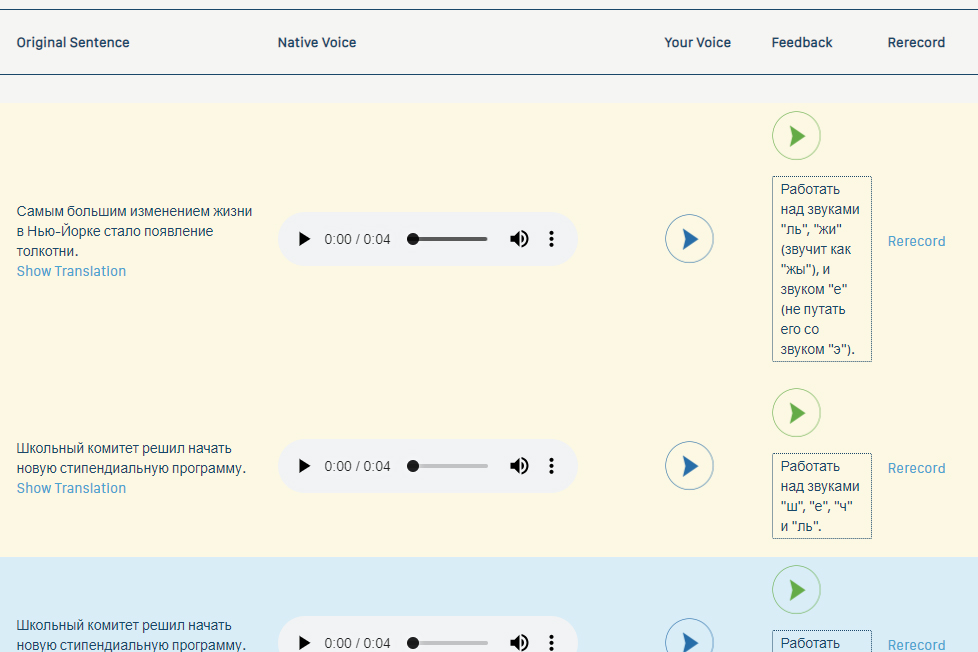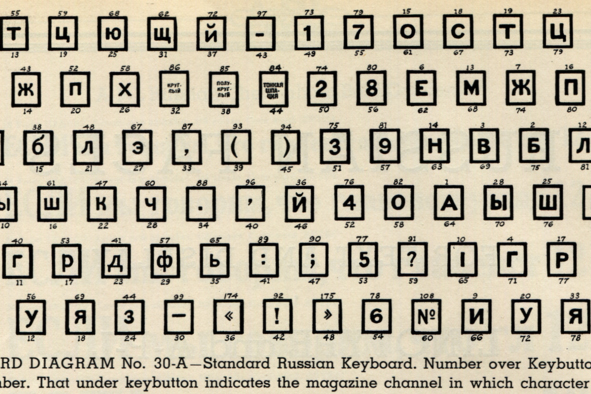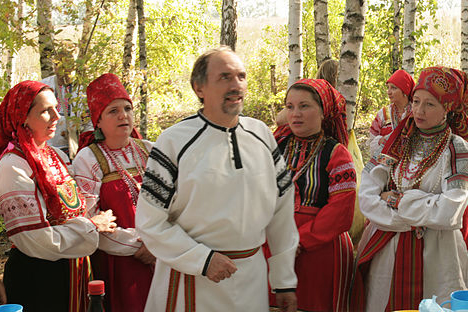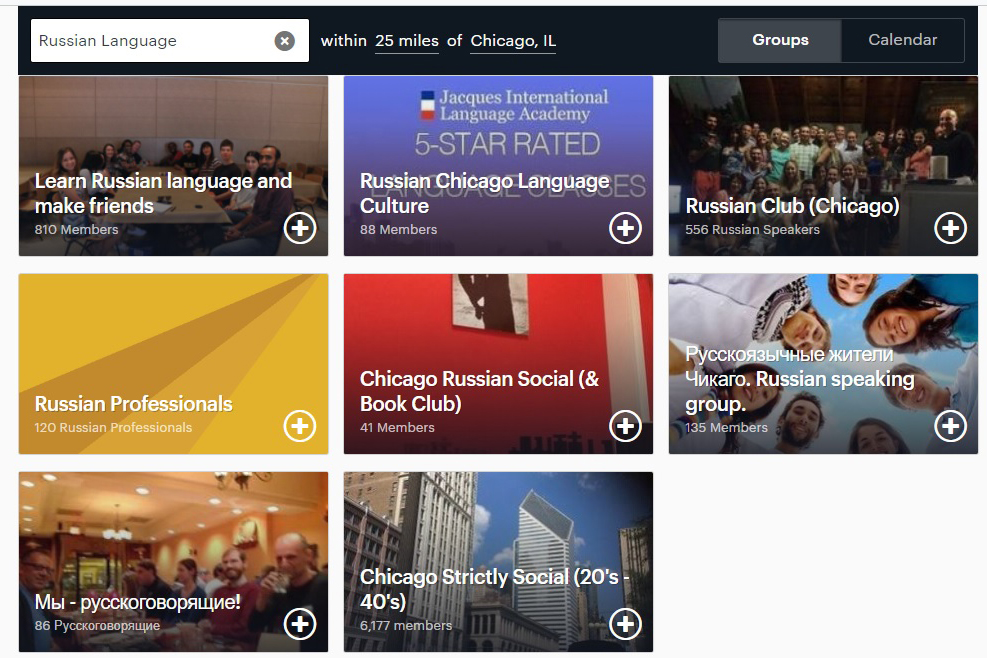The Ultimate Guide to Teaching Yourself Russian (7 Exact Steps)

So you want to learn Russian? Maybe you've dreamt of crossing through Siberia and Central Asia, reading classic Russian literature in St. Petersburg, or simply learning the most spoken Slavic language so you can get by in a large portion of Eastern Europe. I taught myself how to speak Russian from zero to conversational at an intermediate level. Let me tell you about a few of my personal tricks as well as some tried and true practices.
Before You Start Your Russian Learning: Repetition and Dedication
First off, you have to want it. If you have never picked up a basketball before and you want to learn how to dribble behind your back, you're not going to get very far if you don't put in the hours. Aim to dedicate three hours of focused Russian learning per week, along with casually incorporating some exercises into your daily routine.
I use Pimsleur audio tracks throughout the day, whether in the car, cooking, or working out. The advantage of this method is you can multi-task or quickly put on a lesson without having to use up too much of your time. The key for success with Pimsleur audio lessons is to actually repeat everything and to do them daily instead of in clusters.

Speechling.com
This platform (pictured above) provided me with a more comprehensive method that attacks from all angles. It also can be used casually, although has enough material to keep you busy for a long time. While Pimsleur is superb for listen and repeat exercises, Speechling includes a diction, describe the image, and flashcard mode. Also, their listen and repeat exercises discipline you more because you must record your voice and receive feedback on your pronunciation.

Step One: Master the Russian Alphabet
This step is usually a surprisingly easy one! Many people who haven't learned a language with a distinct alphabet are intimidated by it. This was my situation exactly, I thought this was going to be an impossible task, but here is how to do it.
First off, if you ONLY use digital or audio methods you are going to miss out on the muscle memory input you receive when writing with a pen and paper. Cognitive neuroscientists have found that “drawing each letter by hand substantially improves subsequent recognition”. Listening to a word, repeating it, and writing it down combine the forces of visual, auditory, and tactile receptors. Each key stroke may indicate different letters but the motion is the same each time, not a unique movement of the hand.
So, print out a page with the full Russian alphabet and study it, but focus more on copying the beginner words you learn from whatever materials you use into a journal. When re-reading the words cross reference the alphabet when you have trouble.

Step Two: Create Flashcards
Once you have enough words written down in your Russian journal, you must make flashcards. This will give you a second phase of writing the same word, while also providing priceless personalized learning material.
Bring the flashcards along with you on bus or planes rides, for downtime at the office, or to fill whatever couple minutes you have free during your busy day.
Always Take Note of The Stress
Russian words have very little indication of where the stress is. After every word learned, especially if the stressed syllable surprised you, you should write a stress mark over the proper portion of the word.
Beginner's Russian books usually mark the stressed syllable even though this is never indicated in the actual language.

Step Three: Pronunciation
Russian has a couple tricky sounds for English speakers as well as consonant clusters that can really be a mouthful, for example:
быть - To Be
It's a little hard to make the deep "ы" sound that comes from the throat.
движение - Movement
the "d" and "v" sound together drives me crazy!
To help you pronounce it is essential to hear native speakers speak, which outside of a trip to Russia is best done with the aforementioned programs, Pimsleur and Speechling.com. It is really amazing the advantage I have over classroom learners with regard to pronunciation!

Step Four: Memorize 3 Useful Sentences Each Week
Russian grammar will not come naturally to an English speaker. Why? Because the grammar rules in Russian are very difficult! So, to help with verb conjugation, adjective agreement, and the next step of tackling the cases, observe how words function and change in set sentences.
Я скучаю по тебе - I miss you.
На работе я пью чай с молоком - I drink tea with milk at work.
Чистая как слеза - Clean (or clear) as a tear. This is a funny expression to say that the vodka is high quality, the feminine adjective refers to vodka.

Step Five: Familiarize Yourself With Russian Cases
At first, don't try to memorize all the tendencies of each of the 6 Russian cases. Instead choose a masculine, feminine, and neuter noun to serve as examples. Make a table for your words like this:
| Gender | Nominative | Genitive | Accusative | Dative | Instrumental | Prepositional |
|---|---|---|---|---|---|---|
| Masculine | стол | стола | стол | столу | столом | столе |
| Feminine | баня | бани | баню | бане | баней | бане |
| Neuter | яблоко | яблока | яблоко | яблоку | яблоком | яблоке |
| Plural Masc. | столы | столов | столы | столам | столами | столах |
| Plural Fem. | бани | бань | бани | баням | банями | банях |
| Plural Neu. | яблоки | яблок | яблоки | яблокам | яблоками | яблоках |
Pay attention to the end of each word and how that ending changes. Make sample sentences for each declination of the word so you become accustomed to the specific uses of each case. This will not happen overnight, but if you master your first three words it will give you the confidence to master thousands more.
Also, check out the app YazhFree. Consider this app as flash cards for cases and use it frequently.

Step Six: Introduce Music and Movies Into Your Routine
Watch with subtitles, but listen for familiar words and write down any cool phrases you would want to repeat in conversation. I recommend Brother (Брат) and its sequel for classic Russian gangster films, The Island (Остров) for an introduction to the offbeat rocker turned believer Pyotr Mamonov, and Guardians (Защитники) for the Russian version of X-Men and simple dialogue.
Watch Youtube videos with lyrics (текст) and check out bands like Kino (Кино) and Nautilus Pompilius (Наутилус Помпилиус) for classic Russian rock that younger and older people both appreciate. The key is to find what interests you and memorize some tunes.
For more and even better recommendations than I can give, check out this article.

Step Seven: Search for Language Meetups in Your Hometown
OK, so now you know the basics. Maybe you cannot pronounce well or maybe you have no idea how to decline adjectives. Don't worry! You can still have a basic conversation with some help and try to meet people to give you some Russian practice. The above image is the search result for Russian language Meetups in Chicago, showing three groups with over 100 members!
Even if you live in a smaller town there is probably a small group of Native Russian speakers and people learning Russian that get together for coffee, Russian food, or drinks.

The Final Step: Always Think on The Brightside!
Russian is a TOUGH language for anybody to learn. When I started to lose myself in the nearly endless grammar rules and longwinded verbs, I always thought about English and the difficulties it has that Russian doesn't.
In Russian there are no articles. Non-native English speakers often say things like "My bag is on a table", or, "My bag is on table" instead of the correct "My bag is on the table. It is harder than one may think to explain why or remember all the rules to get difficult examples of this correct.
English has many tenses that Russian does not. Russians complain about English saying, "We only have 3 tenses and you English speakers have 13!" Well, this is not really true because our understanding of a tense is different, but regardless, English has more. Effectively by combining both tense and aspect (perfect or imperfect) Russian has only 5 tenses.
Russian also has less vowel sounds, less than half of English's 14 or so (depending on accent). So be patient and know that mastering a language won't come quickly, but if you follow these steps and tips, throwing in a few of your own you learn along the way, you will be on the way to fluency in no time!
